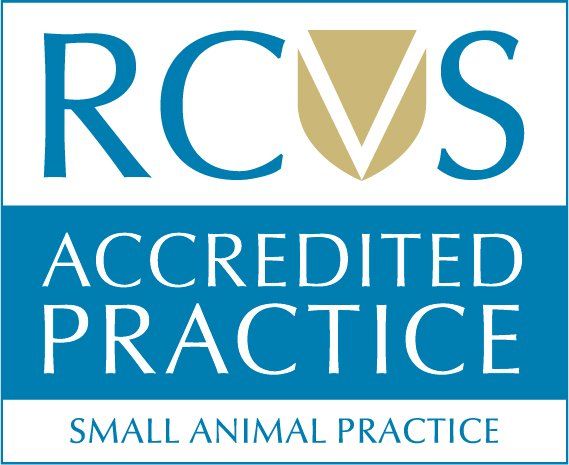Dental Services for Cats
We spoke to Jurassic Vets' lead veterinary surgeon, Peter Martin, about cats and their teeth...
I've never looked at my cat's teeth – should I be checking them?
“Most owners rarely check their cat's teeth,” says Peter. “After all, most cats aren't very cooperative when it comes to examining their teeth! But worryingly, dental pain is in fact the most common pain-causing condition we see in cats in Sidmouth, and most owners of cats with dental disease aren't aware their pet is in serious discomfort”.
So how would dental pain begin in a cat that is otherwise perfectly healthy?
“Usually it is due to a condition called tooth resorption, or TR”, says Peter. “This can start spontaneously and causes a cat's sharp, brittle teeth to fracture like glass, leaving the root canal of the tooth exposed – as anyone who has ever broken a tooth knows, an exposed nerve is incredibly painful. Unfortunately, cats are good at hiding pain. Sometimes owners will assume a cat is just ageing or “grumpy” - when in fact it is suffering from ongoing dental pain.”
“This is why regular check-ups are essential – only a thorough examination by the vet can reveal the small holes or dents in the tooth that are the subtle signs of this condition”.
What can be done to help cats with dental problems?
“Brushing isn't usually a realistic solution for cats – only a few very tolerant cats will allow it. Instead, a mild build-up of tartar can be treated with a special Hills dental diet to increase the amount of chewing the cat does, and an antiseptic additive to drinking water can also help if a cat drinks from a water bowl.
“For broken teeth, or teeth too severely decayed to be saved by cleaning, the best option is to remove the tooth. While fillings are available for cats with TR, we don't recommend them – they are expensive and can break off, leaving us back at square one. Extracting the tooth under anaesthetic allows the gum to heal over in a couple of weeks, leaving the cat pain-free, and we can take the chance to check, clean and polish all the other teeth while the cat is sleeping.”
But doesn't an anaesthetic involve a lot of risk for a cat?
“No, in fact – Jurassic Vets has a superb record for safety under anaesthetic, performing dozens of dentals every month”, says Peter. “ This is largely thanks to our superb, highly-qualified RVNs who help the vets to anaesthetics are smooth and safe. We lower the risk even further by giving fluids as standard and by careful monitoring of blood pressure while under anaesthetic, and offer a pre-operative blood test to check kidney function and other factors before committing to an anaesthetic. Even cats of fourteen or fifteen years old can expect to be discharged home the same evening, bright and eating.”
So is pain around the mouth always due to a bad tooth?
“Not always”, says Peter. “I've seen things such as cat bites, tumours or even wasp stings cause discomfort to cats. That's the reason we offer free dental checks – you can never be too careful in ensuring a cat isn't in hidden pain.”
If you would like to book your cat (or dog!) in a for a free dental check with Jurassic Vets, simply call us on 01395 208620 or message us on Facebook.
JURASSIC VETS SIDMOUTH
01395 208620
contact@jurassicvets.com
12 Woolbrook Road
Sidmouth, EX10 9UU
OPENING HOURS
- Mon - Fri
- -
- Saturday
- -
- Sunday
- Closed
JURASSIC VETS COLYTON
01297 613000
contact@jurassicvets.com
Town Mill,Rosemary Lane
Colyton, EX24 6LS
OPENING HOURS
- Mon, Fri
- -
- Tue - Thu
- -
- Sat - Sun
- Closed
Jurassic Vets Limited - registered in England and Wales | Company Registration Number 12993183 | Registered Office: 12 Woolbrook Road, Sidmouth, Devon, EX10 9UU





